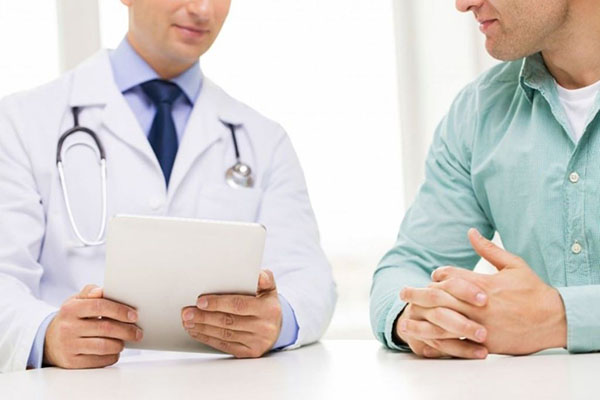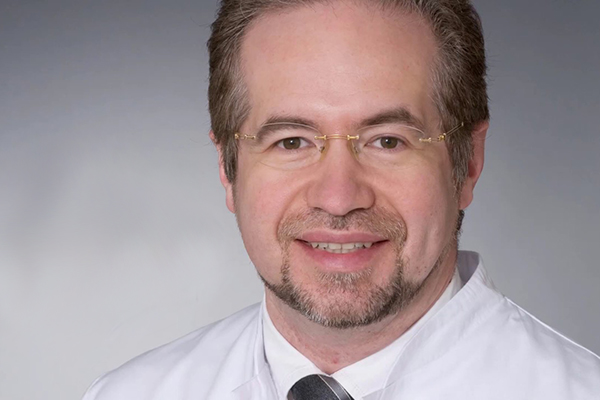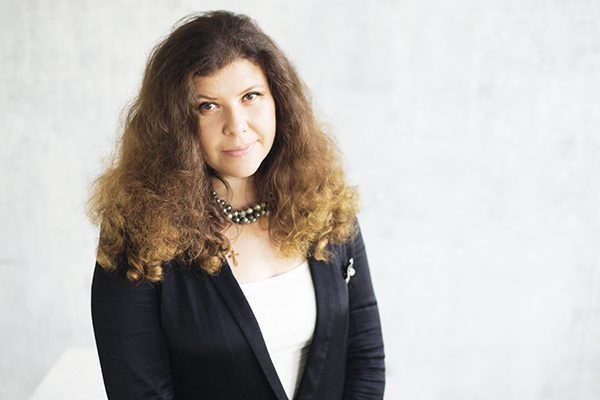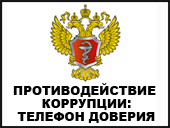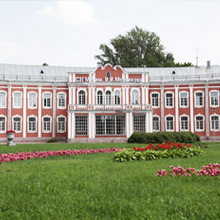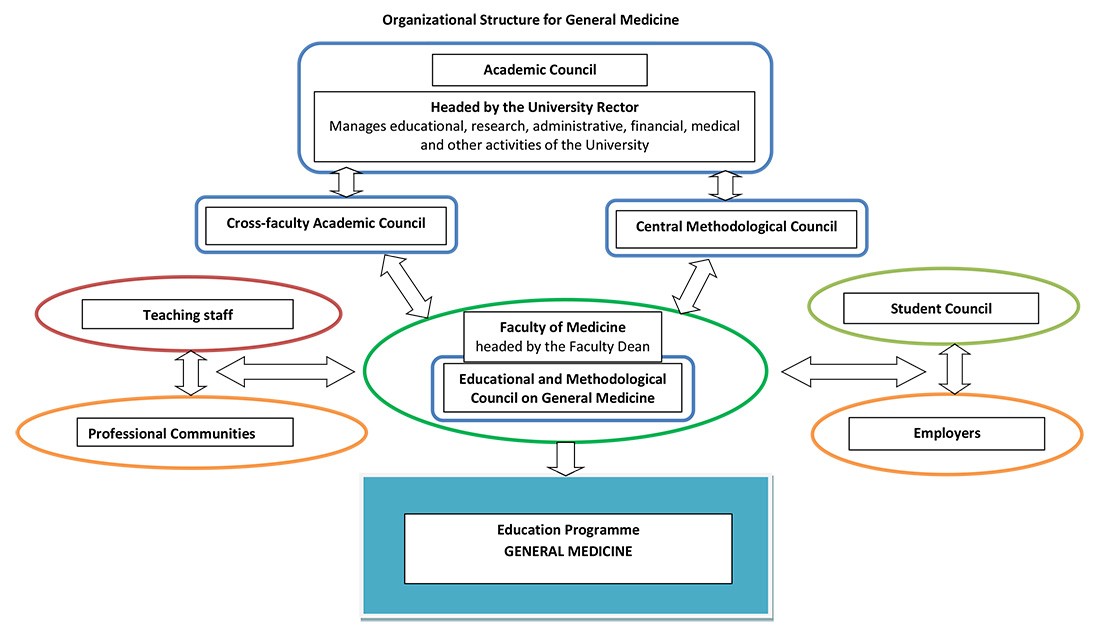лечебное дело general medicine что это
Лечебное дело / General medicine
Цель образовательной программы:
Подготовка врачей-лечебников для профессиональной деятельности в области охраны здоровья граждан путем обеспечения оказания медицинской помощи в соответствии с установленными требованиями и стандартами в сфере здравоохранения.
Подготовка соответствует приоритетным направлениям развития науки, технологии и техники РФ (Науки о жизни), а также Критическим технологиям РФ (Биомедицинские и ветеринарные технологии, Геномные, протеомные и постгеномные технологии, Клеточные технологии, Технологии снижения потерь от социально значимых заболеваний).
В настоящее время ИФМиБ развиваются актуальные научные направления – трансляционная медицина, персонифицированная медицина, биомедицина, молекулярная биология, клеточные и генные технологии в медицине, биомедицинская инженерия, бионанотехнологии и биоматериалы, биомедицинская информатика, космическая биомедицина и многие другие.
Реализацию программы осуществляет Высшая школа медицины Института фундаментальной медицины и биологии (ИФМиБ) на кафедрах института и в научно-исследовательских лабораториях, оснащеных новейшим уникальным научным оборудованием.
В составе ИФМиБ МСЧ «Университетская клиника» КФУ, уникальный Центр симуляционного и имитационного обучения.
Выпускник имеет качественную фундаментальную подготовку, опыт научных исследований и клинической работы, обладает всеми необходимыми профессиональными компетенциями, предусмотренными Федеральным образовательным стандартом по специальности «лечебное дело» и Международными стандартами медицинского образования. Медицинская школа ИФМиБ включена во Всемирную директорию медицинских школ https://search.wdoms.org/home/SchoolDetail/F0003266
Обучающиеся имеют возможность прохождения научных стажировок в лучших клинических и научных центрах во многих зарубежных странах (Япония, Германия, Израиль, и др.) и более, чем в 200 организациях-партнерах практически во всех регионах России – университетах, клиниках, институтах РАН, РАМН, АНТ, отраслевых НИИ.
Врач всех специальностей. Охрана здоровья граждан путем обеспечения оказания медицинской помощи в соответствии с установленными требованиями и стандартами в сфере здравоохранения.
Выпускники трудоустраиваются в лечебно-профилактические и диагностические учреждения здравоохранения, образовательные учреждения среднего специального и высшего профессионального образования, осуществляющие подготовку медицинских кадров, научно-исследовательские институты медицинского и биологического профиля (Институт биологии КНЦ РАН, Институт биохимии и физиологии микроорганизмов ИБФМ РАН (Пущино), Институт биофизики РАН (Пущино), Химический институт им. Бутлерова, отдел биологических экспертиз МВД по РТ) и многие другие.
Выпускники могут поступить в ординатуру и аспирантуру.
Relevance: Training corresponds to the priority areas of development of science and technology of the Russian Federation (Life science) and critical technologies of the Russian Federation (Biomedical and Veterinary Technologies, Genomic, Proteome and Post-genomic Technologies, Cell Technologies, Technologies for reducing losses from socially significant diseases).
Professional competence: high-quality fundamental training, research and clinical experience, professional competencies provided for by the Federal Educational Standard and International Standards of Medical Education. IFMB medical school is included in the world directory of medical schools https://search.wdoms.org/home/SchoolDetail/F0003266
Future profession: Doctor of Medicine
Employment opportunity: Medical-preventive and diagnostic institutions of health care, medical educational institutions of secondary special and higher education, medical and biological research institutes. Graduates can enter the residency program.
General Medicine
Смотреть что такое «General Medicine» в других словарях:
general medicine — noun the branch of medicine that deals with the diagnosis and (nonsurgical) treatment of diseases of the internal organs (especially in adults) • Syn: ↑internal medicine • Hypernyms: ↑medicine, ↑medical specialty … Useful english dictionary
general practitioner — n a physician or veterinarian whose practice is not limited to a specialty * * * a doctor working in the community who provides family health services to a local area. General practitioners (also known as family doctors or family practitioners)… … Medical dictionary
general anesthetic — n an anesthetic used to produce general anesthesia * * * an agent that produces general anesthesia … Medical dictionary
general adaptation syndrome — n the sequence of physiological reactions to prolonged stress that in the classification of Hans Selye includes alarm, resistance, and exhaustion * * * a syndrome defined by Hans Selye to include all nonspecific systemic reactions of the body to… … Medical dictionary
general anesthesia — n anesthesia affecting the entire body and accompanied by loss of consciousness * * * a reversible state of unconsciousness, produced by anesthetic agents, with absence of pain sensation over the entire body and a greater or lesser degree of… … Medical dictionary
general hospital — n 1) a hospital in which patients with many different types of ailments are given care 2) a military hospital usu. located in a communications zone that gives treatment to all kinds of cases … Medical dictionary
medicine — 1. A drug. 2. The art of preventing or curing disease; the science concerned with disease in all its relations. 3. The study and treatment of general diseases or those affecting the internal parts of the body, especially those not usually… … Medical dictionary
General paresis — Progressive dementia and generalized paralysis due to chronic inflammation of the covering and substance of the brain (meningoencephalitis). General paresis is a part of late (tertiary) syphilis, occurring a decade or more after the initial… … Medical dictionary
general — gen·er·al jen (ə )rəl adj 1) not confined by specialization or careful limitation <a general surgeon> 2) belonging to the common nature of a group of like individuals <the general characteristics of a species> 3) involving or… … Medical dictionary
general practitioner — general prac titioner n a doctor who is trained in general medicine = ↑GP … Dictionary of contemporary English
general anatomy — the study of the structure and composition of the body, and its tissues and fluids in general … Medical dictionary
Лечебное дело general medicine что это
Программы и мероприятия от EF Education First
Для студентов, преподавателей и административного состава Университета
Уважаемые сотрудники и обучающиеся!
Компания EF Education First предлагает программы и мероприятия для студентов,
преподавателей и административного состава нашего университета, а именно:
За более подробной информацией обращайтесь: группа академической мобильности международного факультета, e-mail: interdep@rsmu.ru.
Конференция «Вопросы нейроурологии»
Ежегодная конференция с международным участием «Вопросы нейроурологии» состоится 29 ноября 2021 года в г. Москве. Мероприятие пройдет в режиме онлайн.
30 ноября 2021 в 16.00
«Перфорация аорты в неспециализированном стационаре. Aorta-team. Организация и тактика»
Лекция Александра Кимкова
Место проведения: Зал заседаний Ученого совета.
Продолжительность лекции – 1,5 часа.
Язык лекции – русский.
Вход свободный, приглашаем всех желающих!
АЛЕКСАНДР КИМКОВ: доктор медицинских наук, ведущий старший врач клиники сосудистой хирургии при госпитале св. Катарины Кёльн-Фрехен (Германия), специалист по хирургии, специалист по сосудистой хирургии, эндоваскулярный хирург.
Семинар «Этические аспекты генной модификации человека»
Совместное заседание СНК кафедры философии, СНК социальной антропологии и истории медицины и СНК кафедры биоэтики
Докладчик: Введенская Елена Валерьевна, к.ф.н., доцент кафедры философии лечебного факультета РНИМУ; доцент кафедры биоэтики лечебного факультета РНИМУ
Семинар состоится онлайн на платформе Zoom. Запросы на участие направляйте по адресу: manuylov2000@hotmail.com
В России много медицинских вузов. Только в Москве их — целых три. И если вы твердо решили стать врачом, то нелегко сделать окончательный выбор: в какой же именно медицинский вуз поступать? У каждого — своя история, своя школа, свои привлекательные стороны. Чтобы вам было проще ориентироваться, попробуем кратко, но емко представить наш вуз в лице лечебного факультета — старейшего и самого крупного в нашем Университете.
На лечебном факультете РНИМУ в рамках освоения программы специалитета «Лечебное дело» дают теоретические знания и практические умения более чем по 50 медицинским специальностям. На начальных курсах студенты изучают базовые предметы, которые в дальнейшем им необходимы в клинике: это — биология, физика, химия, анатомия, гистология и ряд других, а также латинский и иностранный языки (английский, французский, немецкий), философия, экономическая теория, физическая культура.
Самый сложный из начальных курсов — это третий курс, когда каждый для себя еще раз фактически решает один из главных вопросов в жизни: а правильно ли я выбрал будущую профессию, а смогу ли я выдержать такую нагрузку до конца учебы в медицинском университете и потом, работая врачом? На третьем курсе изучаются фундаментальные дисциплины, такие как патологическая анатомия, патологическая физиология, фармакология, общая хирургия, пропедевтика внутренних болезней и еще немало труднейших клинических и предклинических дисциплин. Летняя экзаменационная сессия на третьем курсе по праву считается наиболее сложной.
Старшие курсы — это закладка клинического мышления, профессиональных знаний и умений будущего врача. Именно на этих курсах студенты знакомятся с практической работой в больницах, начиная от функционала медицинской сестры и помощника врача.
Если вы выберете РНИМУ и наш лечебный факультет, то получите великолепную возможность: учиться на врача в одном из лучших медицинских университетов мира! И хотя, конечно, у нас все факультеты — замечательные, нам кажется, что лечебный — лучше всех! Славу нашего факультета составили великие представители медицины — С.И. Спасокукоцкий, П.Е. Лукомский, И.В. Давыдовский, Б.С. Преображенский, Е.И. Марциновский, В.А. Гиляровский, А.И. Нестеров, А.Н. Бакулев, В.Д. Тимаков, 3.П. Соловьев, В.С. Савельев, В.Н. Ярыгин, Н.А. Лопаткин, Е.Б. Мазо, Ю.А. Нестеренко, А.П. Нестеров, В.А. Люсов, Ю.П. Лисицын, Ю.К. Скрипкин. Дело замечательных учителей продолжают достойные ученики и последователи. На лечебном факультете вас будут учить легендарные специалисты, многие из которых — академики и члены-корреспонденты российских и международных академий.
СЗГМУ им. И.И. Мечникова
Приемная комиссия
Поступающим
Студентам
Дополнительное профессиональное образование


Клиническая деятельность
Клиника им. Э.Э. Эйхвальда
Адрес: Санкт-Петербург, ул. Кирочная, д.41
Многоканальный телефон для записи: (812)303-50-50
Call-центр Университета: (812)303-50-00
Клиника имени Э.Э.Эйхвальда (ГИДУВ-МАПО) Северо-Западного государственного медицинского университета имени И.И.Мечникова расположена в историческом здании первого в мире Клинического института для усовершенствования врачей, учрежденного Великой княгиней Еленой Павловной 3 июня 1885 года в центре Петербурга на улице Кирочной, напротив Таврического сада.
Адрес: Санкт-Петербург, Заневский проспект 1/82
Телефон для записи в регистратуре: (812) 303-51-00
Call-центр Университета: (812)303-50-00
Клиника имени Петра Великого
Адрес: Санкт-Петербург, Пискаревский пр., д.47
Многоканальный телефон для записи: (812)303-50-60
Call-центр Университета: (812)303-50-00
Больница имени Императора Петра Великого, построенная в память дня основания Санкт-Петербурга, является уникальным, не имеющим аналогов в мире, проектом. Официальная церемония закладки больницы состоялась 29 июня 1910 г. При ней присутствовали Императрица Александра Федоровна, великие князья и их свиты. Она располагается в северной части Петербурга (ныне Пискаревский, 47) и занимает площадь в 37 гектаров.
Центр медицинской микологии
Адрес: ул. Сантьяго-де-Куба, д.1/28
Телефон для записи: (812)303-51-41, 961-40-24
Call-центр Университета: (812)303-50-00
Научно-исследовательский институт медицинской микологии им. П.Н. Кашкина СЗГМУ — Научно-методический микологический центр Минздрава России — полидиагностический центр, где благодаря совместной работе специалистов разного профиля, удаётся диагностировать и лечить заболевания, вызванные микроскопическими грибами и микст-инфекции; выявлять сопутствующие заболевания, ухудшающие течение основной болезни и подбирать необходимую терапию.
Центр семейной медицины
Адрес: Санкт-Петербург, пр. Просвещения, д.45
Телефон для записи: (812)598-87-37, (812)598-45-29
Call-центр Университета: (812)303-50-00
Адрес: Санкт-Петербург, Парадная ул., д.2
Телефон: (812) 275-15-53, (812) 303-50-00 (колл-центр)
Адрес: Санкт-Петербург, пр.Просвещения д.45
Телефон: (812) 303-51-38, (812) 303-50-00 (колл центр)
Адрес: Санкт-Петербург, Заневский проспект д. 1/82
Телефон: (812) 303-51-10, (812) 444-95-71, (812) 303-50-00 (колл центр)
С момента основания Практической стоматологии СЗГМУ в сентябре 1997 года, мы специализируемся исключительно на оказании качественной медицинской помощи взрослым и детям. За это время было приобретено доверие большого количества пациентов.
Мы оказываем весь спектр стоматологических услуг на современном уровне. Все специалисты отличаются профессионализмом и высокой квалификацией, регулярно осваивают новые методики в лечении зубов, успешно применяют в работе, проходят обязательную квалификацию.
Центр медицинской косметологии
Адрес: Санкт-Петербург, пр. Просвещения, д.45
Телефон для записи: (812)598-93-77, (812)598-52-84
Call-центр Университета: (812)303-50-00
Центр медицинской косметологии СЗГМУ им. И.И. Мечникова оказывает следующие виды услуг:
прием дерматолога, трихолога, косметолога; косметология лица: все виды массажа, масок; инъекционных (контурная пластика, мезотерапия, ботулинотерапия) и аппаратных методик; устранение и лечение дефектов кожи (рубцов, в том числе постугревых; сосудов, пигментаций, морщин и др.) методами микрошлифовок, химических пилингов, фотоомолажения, мезотерапии и контурной пластики; лечение выпадения волос и все виды удаления нежелательных волос; аппаратные и косметологические методы коррекции фигуры; кислородо-озоновая терапия; устранение доброкачественных новообразований кожи; пирсинг.
Прием ведут высококвалифицированные специалисты, преподаватели кафедры косметологии.
Undergraduate Programs
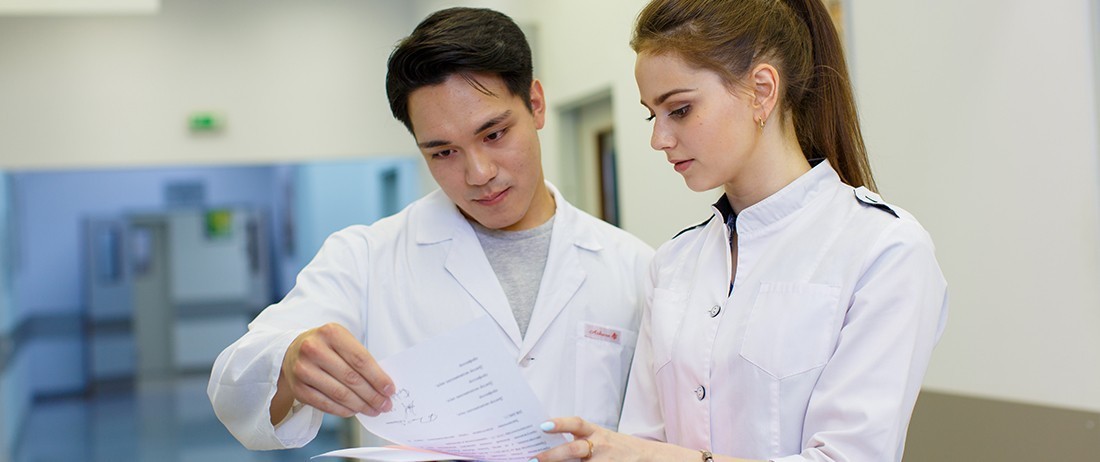

Field of study: Clinical Medicine
Level: Specialist’s Degree
Code within the Russian education system: 31.05.01
Certificate, degree or qualification: Medical Doctor
Language of study: Russian, English
Mode of study: full-time
Duration: 6 years
Programme Overview
The specialist’s degree programme in General Medicine (hereinafter “the Programme”) is designed to prepare a qualified physician, M.D. possessing a system of universal professional competencies, capable and ready for independent occupational practice.
An objective and qualification tasks of the Programme are based on the Federal State Education Standard of Higher Education for the specialty General Medicine (FSES GM) and the Professional Standard for a Physician, M.D. The Federal State Education Standard of Higher Education for the specialty General Medicine (hereinafter “the Standard”) is developed with due regard to the results of international medical research and current trends in global healthcare. It states that the field of professional activity of graduates who have mastered the Programme includes the protection of health of citizens by ensuring the provision of medical care in accordance with the established requirements and standards in the field of health care. The Standard is a complex of requirements imposed on the relevant educational level – specialist’s degree. The Standard provides equality of educational system in Russia, the continuity and variability of the main education programmes. It ensures the possession of a set of competencies established by the state as a result of education.
The Programme will develop general cultural, general professional and professional competencies which will allow a graduate to carry out independent practice as a physician, M.D. Successful graduates will be able to solve the following professional tasks:
prevention of the occurrence of diseases among the population through preventive and anti-epidemic measures;
conducting preventive medical examinations, periodic health examination, dispensary observation;
diagnosis of diseases and pathological conditions of patients;
diagnosis of emergency conditions;
examination of temporary disability and participation in other types of medical expertise;
provision of primary medical and sanitary care in outpatient and day care settings;
rendering primary medical and health care in case of sudden acute diseases, conditions, exacerbation of chronic diseases that are not accompanied by a threat to the patient’s life and do not require emergency medical care;
participation in the provision of emergency medical care in conditions requiring urgent medical intervention;
emergency medical care, including participation in medical evacuation;
participation in the conduct of medical rehabilitation and sanatorium-resort treatment;
formation of motivation among the population, patients and their family members, aimed at preserving and strengthening their health and the health of those around them;
patient education on basic hygiene measures of a health-improving nature, contributing to the prevention of the onset of diseases and health promotion;
organizational and management activities:
application of the basic principles of the organization of medical care in medical organizations and their structural units;
creation in medical organizations of favorable conditions for the stay of patients and the work of medical personnel;
keeping medical records in medical organizations;
organization of medical expert consultation;
participation in the organization of the assessment of the quality of care for patients;
compliance with basic information security requirements;
analysis of scientific literature and official statistical reviews, participation in the conduct of statistical analysis and public presentation of the results;
participation in solving individual research, scientific and applied tasks in the field of health care for diagnosis, treatment, medical rehabilitation and prevention.
Curriculum and its Structure
Number of academic years: 6
Number of semesters: 12
Total number of credits: 360
Number of credits per semester: 30
Curriculum for the student cohort 2018-2024: download
Annotations of all disciplines for the student cohort 2018-2024: download
Calendar Plan for the academic year 2018/2019 is available at the Unified Education Portal under a student’s personal account.
The Curriculum of the Programme developed by the University in accordance with the FSES GM requirements and the Professional Standard uses a competence-based approach which determines that upon completion of the Programme graduates shall demonstrate full mastering of all the competencies necessary for successful independent practice as a Physician, M.D. Successful mastering of the Programme supposes consistent passing of disciplines of the Curriculum developed on the principle of increasing complexity and consistent study of fundamental natural sciences, normal human life, general pathology, general principles of diagnosis of various diseases, private clinical disciplines, health organization principles, etc. The applied teaching methods ensure the process of gradual mastering of the curriculum’s disciplines based on the principle of increasing complexity, which makes it possible to effectively develop the necessary competencies among the students. The knowledge and skills acquired within each discipline serve as a basis for the study of subsequent disciplines of the curriculum, and also ensure the graduates’ readiness for further training, either in residency or at graduate school (PhD). Each discipline involves theoretical component and practical skills training.
The Curriculum consists of the list, workload (in credits and (or) academic hours), sequence and allocation of subjects within the periods of study, as well as disciplines (modules), practices, research work (if any), other types of learning activities, an interim assessment and a final (state) examination of students.
The Curriculum also reflects in academic hours the scope of a student’s work in cooperation with a teacher (by type of educational activities) and self-study.
For interim assessment (for each discipline (module), practice, research work (if any)), as well as for the final (state) examination the form of assessment is specified within the Curriculum.
The Curriculum of the Programme has the Basic component which is regulated by the FSES GM and is mandatory for students and the Variable component which is regulated by the University.
The Basic component of the Programme provides for the formation of students ‘ competencies established by the FSES GM, and includes the following:
— disciplines, practices, research work (if any) established by the FSES GM;
— disciplines, practices, research work (if any) established by the University;
— final (state) examination.
The Variable component of the Curriculum is aimed at expanding and deepening the competencies established by the FSES GM, as well as formation of students’ competencies established by the University in addition to the competencies established by the educational standard. It includes disciplines, practices (if any), research work (if any) established by the University to the extent established by the University. The content of the variable part is formed in accordance with specialization of an educational programme.
The Variable component contains 2 parts: disciplines regulated by the University and mandatory for students, as well as a wide list of disciplines from which students can choose (Electives).
In accordance with technical regulations, procedures and deadlines of the University (no later than the beginning of the relevant academic year (semester)), students admitted to the Programme are able to select a set of Elective disciplines from the whole list of approved Elective disciplines. The selected disciplines will form their individual education pathway and become a mandatory part of their individual curriculum. If a student fails to select an elective discipline, it will be assigned by the University.
The list of disciplines of the Variable component incl. Electives is reviewed annually by the Educational and Methodological Council of the Faculty of Medicine in coordination with relevant departments and submitted to the Central Methodological Council and further to the University Academic Council within the approval (re-approval) procedure of the Programme Curriculum.
Responsible Departments and Individuals
Vice-rector for Academic Affairs (Prof. Tatyana M. Litvinova)
— responsible for departments and academic staff implementing the programme and supervising students.
International accrediation
Given the constantly growing number of international students at Sechenov University we become highly involved in their future careers and opportunities. Thus Sechenov University is aimed at international accreditation of its educational programmes as the key element of broadening our graduates’ career pathways. Today Sechenov University is known globally for its academic and research excellence with it’s educational programmes accredited in many countries. In particular the General Medicine programme accredited in:
— Bahrain
— Europe. AMSE/ASIIN (The Association of Medical Schools in Europe)
— India
— Israel
— Jordan
— Malaysia
— Mongolia
— Namibia
— Palestine
— Saudi Arabia
— Sri Lanka
— Syria
— Vietnam
— USA. Medical Council of California
